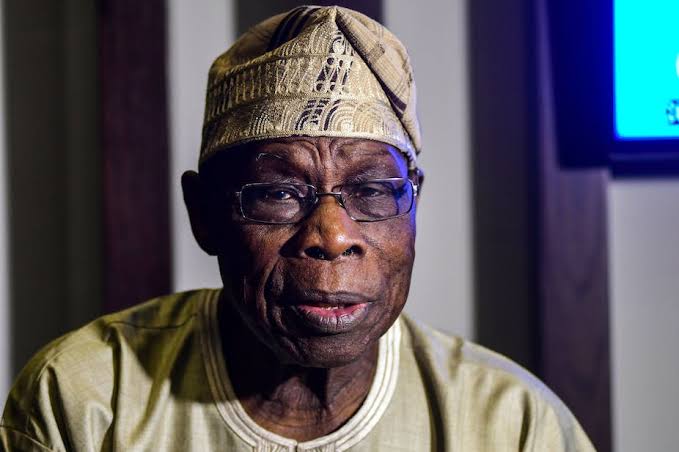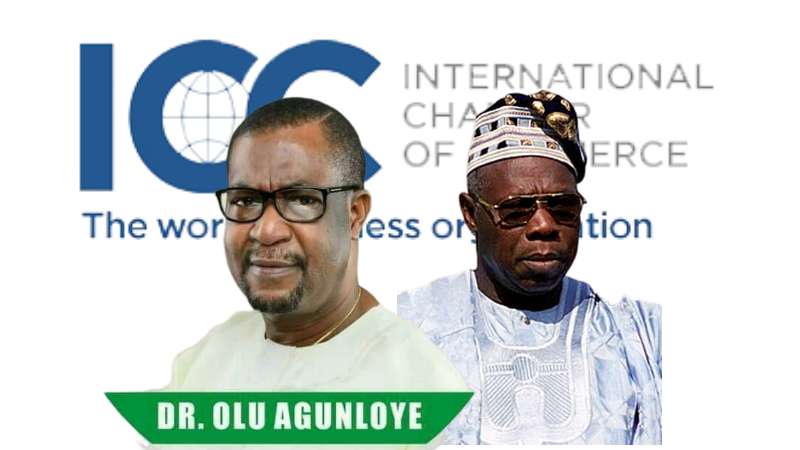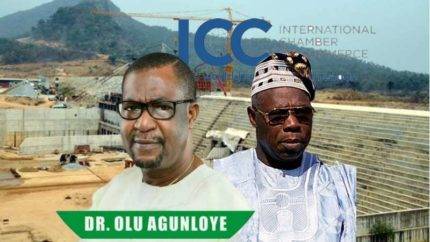Former Nigerian President Olusegun Obasanjo has offered his readiness to provide testimony in any forum regarding the disputed $2.3 billion Mambilla power contract involving former Minister of Power and Steel, Olu Agunloye. This declaration aims to assist the Federal Government in resolving the ongoing arbitration with Sunrise Power at the International Chamber of Commerce (ICC) in Paris, France.
Background: Sunrise Power’s Allegations and Nigeria’s Defense
Sunrise Power, engaged in arbitration with Nigeria at the ICC, claims a breach of a $6 billion Build, Operate, and Transfer (BOT) contract awarded in May 2003 under Obasanjo’s administration. Alleging that Nigeria repudiated the agreement, Sunrise Power seeks $2.3 billion in compensation, citing extensive expenditures on financial and legal consultants before the contract’s cancellation.
Nigeria, defending its stance at arbitration, has raised allegations of fraud and corruption involving public officials in the contract’s award, drawing parallels to the infamous P&ID case where a UK court nullified an $11 billion award against the country for similar reasons. The Economic and Financial Crimes Commission (EFCC) has reportedly uncovered fraud issues, leading to charges against suspects.
Mambilla Power Contract Dispute: Obasanjo‘s Assertions and Offer to Testify
In a letter addressed to Fagbemi, Obasanjo clarified that directives were not followed regarding the comparison and approval for the Sunrise Power contract during his administration. He disclaimed any award of the contract during his tenure and expressed willingness to provide further clarity and testimony to help Nigeria combat fraud and malfeasance in national interests.

This unfolding saga further underscores the complexity and significance of the Mambilla power contract dispute. Obasanjo‘s offer to testify could potentially shed light on critical aspects, aiding the government in resolving this contentious issue and restoring integrity in Nigeria’s contract dealings.
The Sunrise Power Company Conflict: Mambilla Power Contract Dispute
The recent saga between the Federal Government and Sunrise Power Company mirrors a historical legal tussle reminiscent of the skirmish with PID over a similar contractual agreement. Both cases bear striking resemblances, outlining a pressing need for meticulous handling of contractual agreements to shield Nigeria from financial turmoil and the potential loss of billions due to unscrupulous contractors.
The ongoing dispute between the Federal Government and Sunrise Power Company unfolds as a replication of a prior battle waged with PID over contractual terms. This eerily familiar scenario raises pertinent questions about the efficacy of safeguarding Nigeria’s interests in crucial agreements. Such conflicts, if left unchecked, pose a menacing threat to the nation’s financial stability. The recurrence of disputes highlights the urgency for stringent oversight and a robust framework to prevent the exploitation of contractual loopholes, thereby averting the potential hemorrhaging of funds.
The Peril of Inadequate Contractual Safeguards in the Mambilla Power Contract Dispute
The historical echoes reverberate loudly, emphasizing the importance of fortified contractual agreements. Failure to secure watertight contracts leaves the government susceptible to exploitation by unscrupulous entities, leading to potential financial ruin.

The reverberations of previous confrontations should serve as a clarion call for stringent measures to fortify contractual frameworks, ensuring the protection of Nigeria’s fiscal interests. The urgency of this matter cannot be overstated, given the astronomical sums at stake and the repeated vulnerability to marauding contractors seeking to exploit ambiguities for their gain.
By scrutinizing and fortifying contractual agreements, Nigeria can circumvent the recurrence of such embroilments, safeguarding its financial stability and reputation on the global stage.
The unfolding Sunrise Power Company debacle mirrors a critical juncture in Nigeria’s pursuit of financial security. Drawing parallels with the PID conflict underscores the urgent need for fortified contractual agreements to shield the country from financial hemorrhage. A robust framework, bolstered by stringent oversight, is imperative to prevent potential swindles of billions of dollars, safeguarding Nigeria’s economic interests from unscrupulous contractors seeking to exploit legal ambiguities.
Table of Contents
Discover more from OGM News NG
Subscribe to get the latest posts sent to your email.














